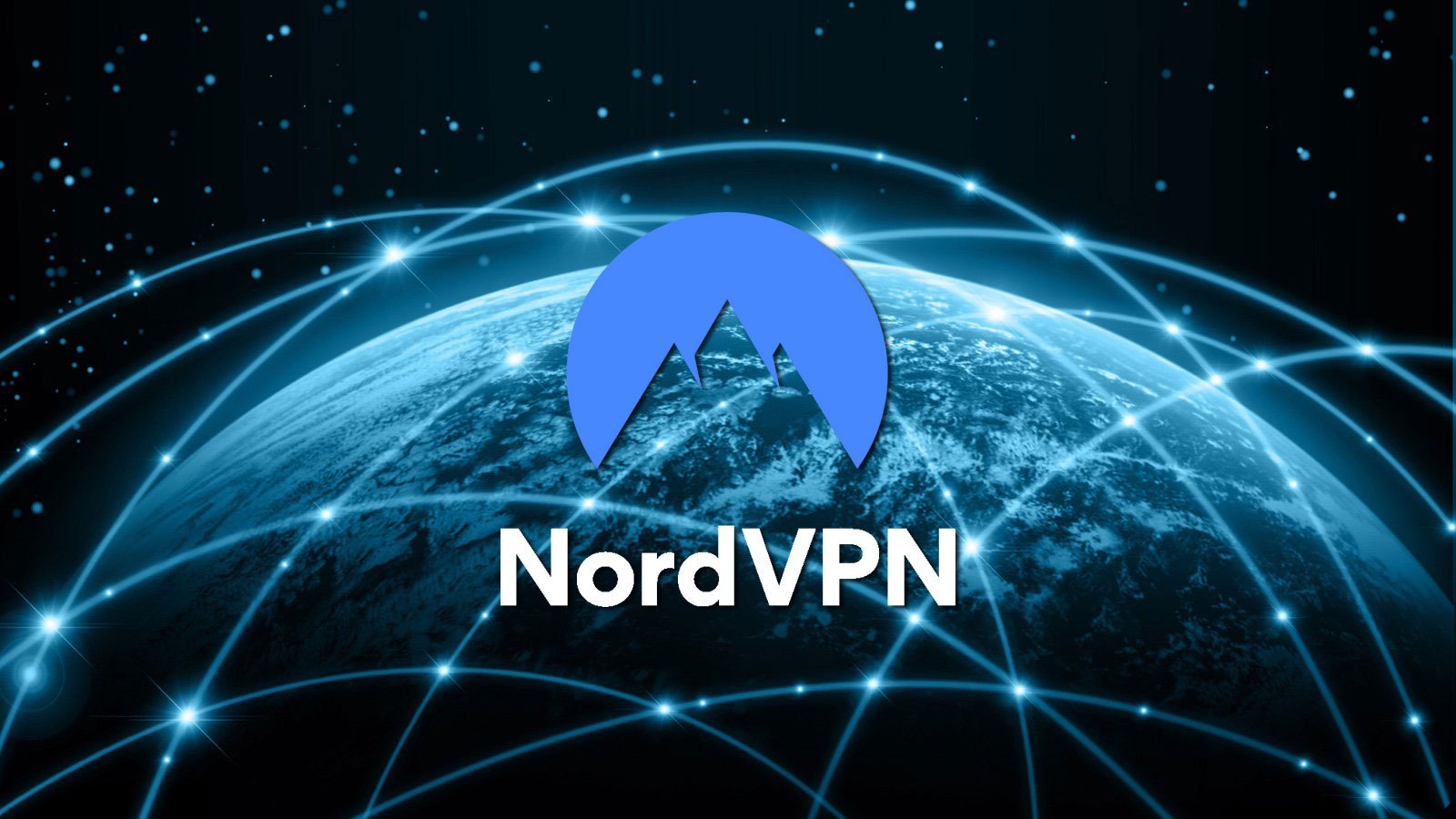Introduction:
With increasing concerns about data privacy and security, VPNs have become an essential tool for internet users. A VPN (Virtual Private Network) enables users to encrypt their internet connection and browse the web anonymously, providing an extra layer of security. However, with traditional VPNs, users still rely on centralized servers to connect to the internet, making them vulnerable to security breaches and cyber attacks. NordVPN, one of the leading VPN providers in the market, has come up with a new solution to address this problem – Meshnet. In this blog post, we will dive deep into what NordVPN Meshnet is, how it works, and its potential implications for the future of online privacy and security.
What is NordVPN Meshnet?
NordVPN Meshnet is a peer-to-peer (P2P) networking solution that allows users to connect to the internet with enhanced privacy and security. Unlike traditional VPNs, Meshnet does not rely on centralized servers to connect users to the internet. Instead, it creates a decentralized network of users who share their internet connections with each other. This network is distributed across multiple nodes, making it more resilient to cyber attacks and censorship.
How does NordVPN Meshnet work?
Meshnet works by creating a secure overlay network on top of the existing internet infrastructure. Each user who joins the network becomes a node and shares their internet connection with other nodes. Nodes communicate with each other using secure protocols and establish trust relationships based on cryptographic signatures. This way, users can connect to the internet without relying on a centralized server. The more nodes there are in the network, the more resilient it becomes to security breaches and cyber attacks.
What are the potential benefits of NordVPN Meshnet?
Meshnet has several potential benefits for internet users who are concerned about their privacy and security. Firstly, it provides an extra layer of encryption and security, making it harder for cybercriminals to intercept user data. Secondly, it creates a decentralized network that is more resilient to cyber attacks and censorship. Thirdly, it enables users to connect to the internet in a more anonymous way, as their IP addresses are hidden from the websites they access. Finally, Meshnet is a more sustainable solution compared to traditional VPNs, as it relies on users’ own internet connections rather than centralized servers, which consume a significant amount of energy.
What are the potential challenges of NordVPN Meshnet?
While Meshnet has several potential benefits, it also poses some challenges that need to be addressed. Firstly, it requires a significant number of nodes to be effective, which may be challenging to achieve. Secondly, it may result in slower internet speeds due to the extra routing and encryption overheads. Thirdly, it may be illegal in some countries to share internet connections with others, creating legal challenges for users who join the network. Finally, Meshnet may be vulnerable to attacks from state-sponsored actors who seek to disrupt online communications.
What are the implications of NordVPN Meshnet for the future of online privacy and security?
Meshnet represents a significant innovation in the VPN space and has the potential to disrupt the traditional VPN market. By creating a decentralized network that is more secure and resilient, it may pave the way for a new generation of internet infrastructure that prioritizes user privacy and security. However, it also poses some challenges that need to be addressed, such as legal and technical issues. In the long term, Meshnet may lead to a more sustainable and secure internet, where users have more control and autonomy over their online activities.
Conclusion:
NordVPN Meshnet is an exciting innovation that has the potential to transform the VPN market. By creating a decentralized and more secure network, it addresses some of the shortcomings of traditional VPNs and provides users with enhanced privacy and security. However, it also poses some challenges that need to be addressed, such as achieving a critical mass of nodes and dealing with legal and technical issues. In the long term, Meshnet may pave the way for a more sustainable and secure internet, where users have more control over their online activities.